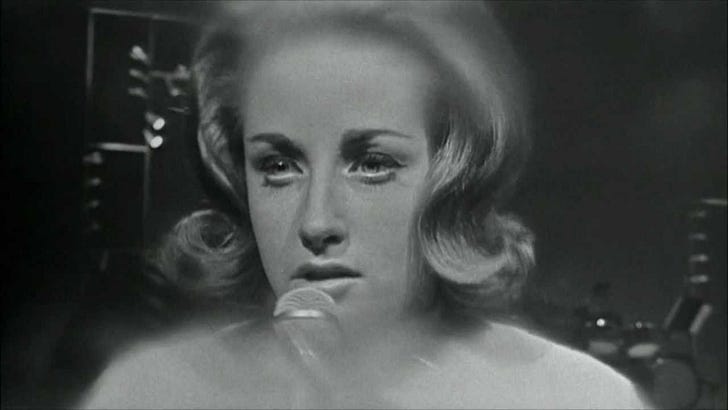Imagine you're a 16-year-old from the New Jersey suburbs right outside New York who had been singing in a band that played weddings, Sweet 16s, and bar/bat-mitzvahs. An A&R scout for a record company hears you sing in a Manhattan club, likes your voice. So does his boss. They sign you to a recording contract.
One afternoon, the A&R guy comes over to Tenafly, NJ, to help you with your homework. His name is Quincy Jones. He's got 250 demos to go over with you for your first recordings. You both like the first one: "It's My Party," which immediately establishes the career, singer Lesley Gore. It is the first record for Gore; the first number one for Jones.
Jones was a staff producer and A&R rep for Mercury Records, then Chicago-based with a small New York office and a smaller studio. Just after her 17th birthday, the teenage Lesley Gore has the number one single in June, 1963 with "It's My Party" ["and I'll cry if I want to"] and continued her hot streak that summer with "Judy's Turn to Cr…
Keep reading with a 7-day free trial
Subscribe to Critical Conditions by Wayne Robins to keep reading this post and get 7 days of free access to the full post archives.



